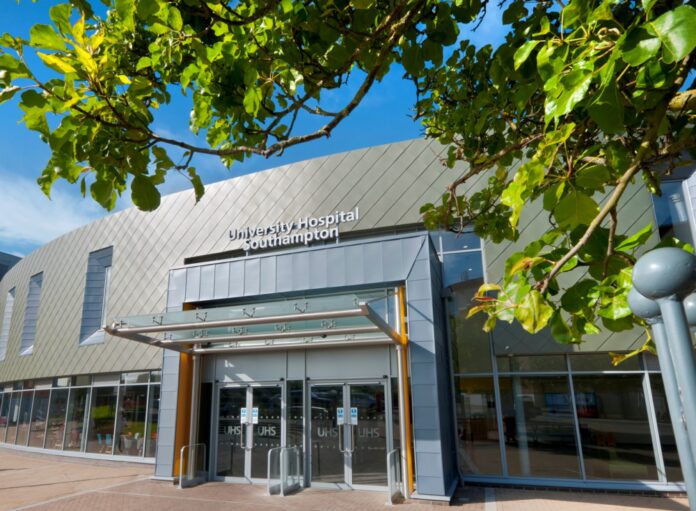BT keeps you out of hospital
UK telco BT has a miracle cure for the UK’s ailing national health service that could decongest its wards, relieve the strain on clinical staff and get doctors to see patients in their homes. It could be the greatest unexpected life saver since farmers discovered mobile phones, since there will be better outcomes for patients, happier clinicians who perform better, less staff turnover, fewer stress-enforced errors and the NHS could even save money on everything from bed management to recruitment. The telco’s internal innovation division Etc claims its new mobile virtual ward can help the UK’s national health service NHS manage patient care more effectively, using a combination of online patient consultancy, apps and artificial intelligence to streamline the multiple tasks that nurses and doctors have to juggle for each patient.
The current standard of technology stresses out half of NHS staff said BT’s own research. The announcement of the bed clearing home consulting app comes at a good time as in January NHS England called for expansion of Virtual Wards as they can help stop 20% of avoidable re-admissions. Along with health application specialists like Feebris, Etc has focused on the NHS’s main problem, keeping tabs on patients at a time when wards are being overwhelmed. The chaos forces mistakes which results in mis-management of patients and resources. In their joint work BT and partners set out to prevent, prioritise and monitor of high-risk groups. The virtual wards, consultancy and monitoring can reach into the homes of patients to give them better care in their own beds while relieving the pressure on hospitals.
Patients get a mobile device pre-loaded with the Feebris patient application. A range of clinically compliant peripheral medical devices are fully integrated with the phone via Bluetooth. When readings are taken by the patient the data is sent and visible on the patient app whilst simultaneously sharing results with clinicians on a separate cloud computer supported by machine learning and risk stratification.
In order to increase accessibility for patients they get devices with mobile connectivity, so there is no reliance on broadband for this solution. Virtual Wards could provide an additional 40-50 beds per 100,000 of the population. These types of technology enabled care models can help to manage patient flow and drive operational efficiencies.
The full impact on cash and non-cash releasing benefits are still being evaluated locally and nationally. Along with Feebris, BT’s ‘virtual care’ systems will use AI instantly log reliable health information on behalf of patients and feed it to consultants if it looks like the conditions could rapidly get worse. The new partnerships with firms like Feebris were set up by Etc. which is working to develop a portfolio of remote monitoring services to support both primary and secondary care providers.
“Rather than coming and saying I’m sick call the doctor, the doctor calls you when they notice a decline in some of your vitals, blood oxygen or pulse rate,” said Neal Herman, director of Healthtech at Etc. BT’s technology platform should also act as a triage, Herman added, helping signpost patients better to the right first port of call, which may not always be on a GP’s list, it could be a direct referral to a physio.
A legal change due to come into force UK next month dictates that when a patient calls up a GP practice, they must be offered an outcome at by the end of the call, meaning that tools like this could prove helpful, Herman said. Another potential area of improvement is patient flow, the use hospitals make of bedspace. The NHS needs to getting people out of beds safer sooner. Another app, mHealth, offers personalised, evidenced-based, digital interventions for patients with long-term conditions: asthma, COPD, diabetes and cardiovascular disease.
Sultan Mahmud, BT director of healthcare said that the virtual ward and virtual care solutions allow doctors to safely monitor patients at home or in care, freeing up hospital beds for those who really need them and relieving the pressure on frontline services.



